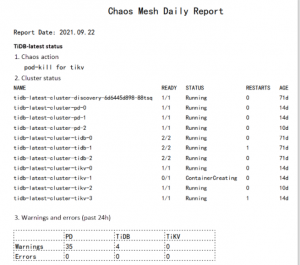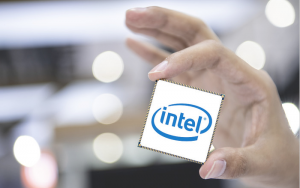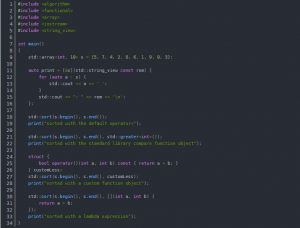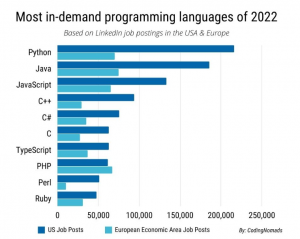
Chinese Internet stocks may be gaining popularity, but Moody’s Investors Service Inc. has expressed a cautious view on the growth of these companies’ financial businesses.
Moody’s takes a cautious view on the financial business of Chinese Internet companies
Moody’s said that although the financial business provides consumers with funds to purchase products, when these companies borrow to carry out the business and fail to generate substantial profits, credit quality may be affected.
However, not all Chinese Internet companies face the same risks.
Alibaba Group Holding Ltd. (BABA) is considered to have relatively low risks related to financial services:
Ant Financial Services Group (Ant Financial Services Group, referred to as: Ant Financial Services Group) has limited impact on Alibaba’s credit indicators and ratings, because it is not the subject of consolidated statements, and since 2014, after multiple rounds of third-party investment, Ant Financial Service has become a self-financing company. Moody’s is concerned about the growth of Ant Financial’s consumer credit business, looking for signs of rapid growth in the company’s loan business or rising default rates, both of which will increase Alibaba’s contingent debt. However, Moody’s believes that Alibaba’s strong financial position will allow the company to support Ant Financial if necessary without diminishing its own credit quality.
Moody’s has a negative rating outlook for Baidu Inc. (BIDU), which is affected by its financial business.
Baidu’s negative rating outlook reflects the contingent liabilities brought by its newly established Financial Services Group (Financial Services Group). The business started operations in the fourth quarter of 2016 and became a very important part of Baidu in the second quarter of 2017. The rapid and debt-driven growth of this financial business has increased Baidu’s financial risks. Any investment losses and loan defaults in the financial services business group will trigger capital demand and thereby weaken Baidu’s financial strength. Moody’s gave Baidu a negative rating outlook rather than downgrading its rating because Baidu has announced that it will limit the total assets of the group to no more than 20% of Baidu’s total assets and it is clear that the subsidiary will be separated from the consolidated statement. plan. In addition, Baidu’s strong net cash position has buffered potential capital demand.
However, Moody’s is optimistic about JD.com’s (JD.com, JD) financial business and has a positive outlook on JD.com’s rating.
JD’s rating is Baa3, and the internal financial sector JD Finance’s drag on its rating is one level. JD’s positive rating outlook reflects the company’s plans announced in January 2017. JD.com announced at that time that it would sell 68.6% of JD Finance’s equity to JD’s chairman Richard Liu and some external investors at a price of RMB 14.3 billion in cash, plus 40% of future pre-tax profits. The premise is JD Finance. Achieve the goal of cumulative pre-tax profit. Moody’s expects the transaction to be completed by the end of this year. This plan to spin off the division from JD’s consolidated financial statements will improve JD’s credit profile, because the company’s operating profits will no longer be dragged down by JD’s financial losses, and its core retail business will become more transparent. Contingent debts related to JD Finance’s loan business will also be reduced.





